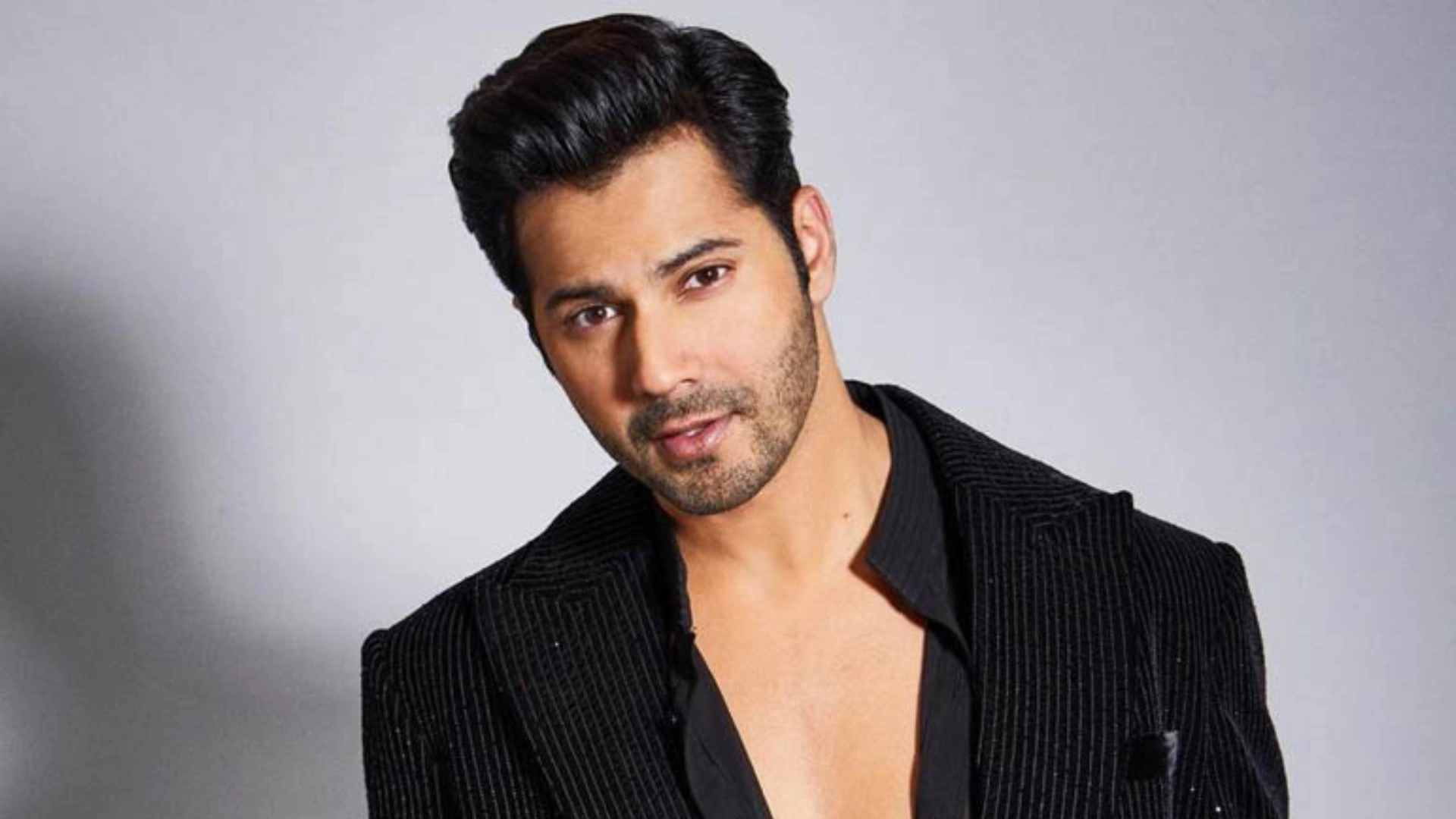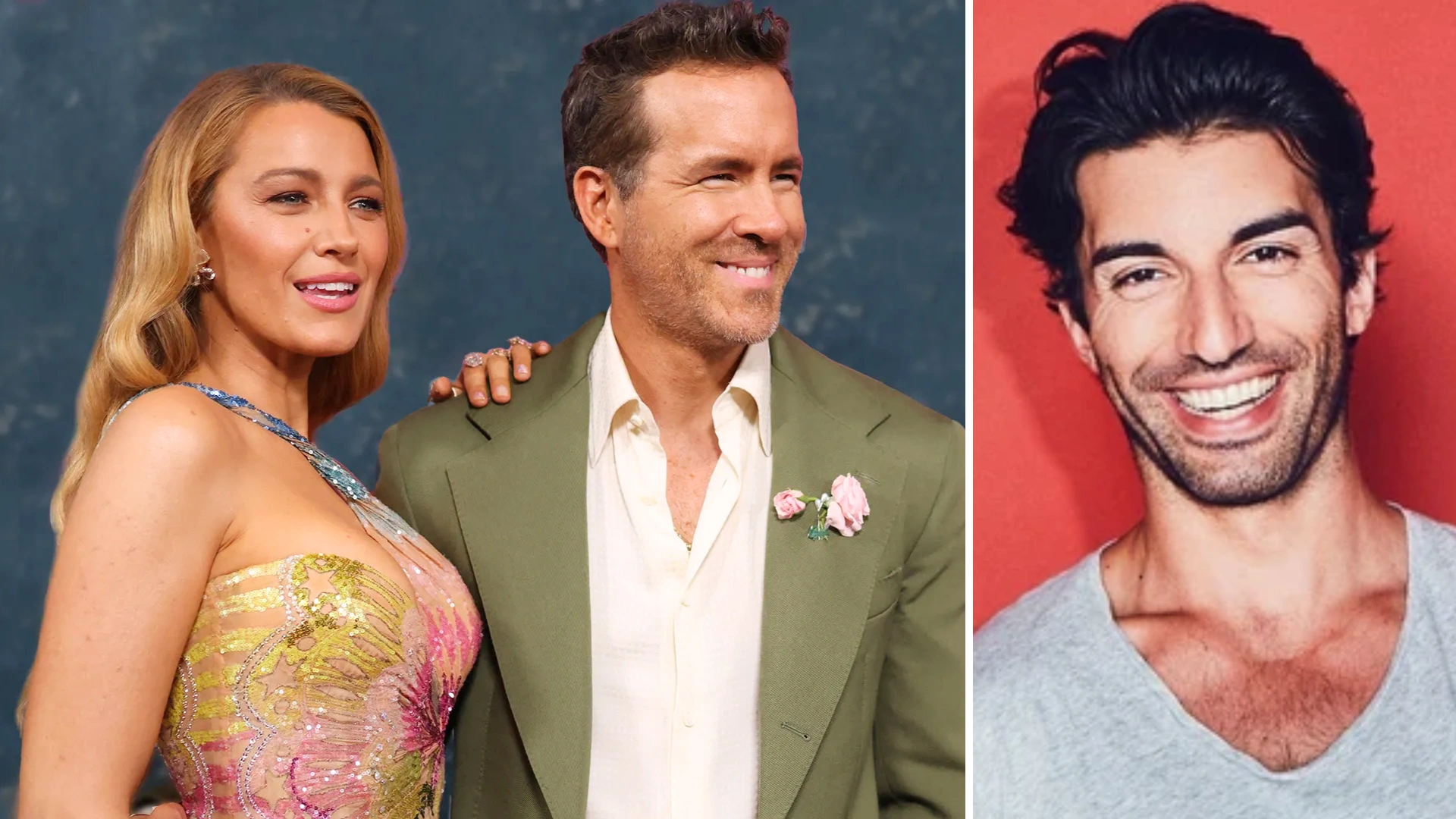Pope Francis has appointed 21 new cardinals in a historic move to broaden the College of Cardinals, marking the largest intake of voting-age cardinals in his 11-year papacy. This latest group of cardinals, who will receive their red hats on December 8, represents diverse regions and emphasizes Francis’s vision of inclusivity and global representation in church leadership.
Among the newly appointed are the eldest, Monsignor Angelo Acerbi, a 99-year-old retired Vatican diplomat, and the youngest, Bishop Mykola Bychok, a 44-year-old leader of the Ukrainian Greek Catholic Church in Australia. Acerbi will be the only cardinal ineligible to vote in future conclaves, given the age limit of 80.
The December 8 consistory ceremony, scheduled for the feast day that opens Rome’s Christmas season, will mark Pope Francis’s 10th such event to introduce new “princes of the church.” This intake will bring the total number of voting-age cardinals to 142, exceeding the usual cap of 120, though this often occurs as current cardinals gradually age out of voting eligibility.
Global Representation Highlights Pope’s Priorities
Pope Francis’s new appointments notably emphasize the Latin American, African, and Asian churches, where Catholicism has seen significant growth. This expansion aligns with his desire for the church to represent communities worldwide. The newly appointed include South American leaders like Archbishop Vicente Bokalic Iglic of Argentina, Archbishop Jaime Spengler of Brazil, and Archbishop Carlos Gustavo Castillo Mattasoglio of Peru.
From North America, only one cardinal was named—Archbishop Francis Leo of Toronto. Meanwhile, Archbishop Dominique Joseph Mathieu from Iran and Bishop Paskalis Bruno Syukur from Indonesia, both Franciscans, also join the College of Cardinals, showcasing Pope Francis’s support for religious orders with global reach.
Asia will see an increase in its cardinal representation with Archbishop Tarcisio Isao Kikuchi from Tokyo and Bishop Pablo Virgilio Siongco David from the Philippines. Africa’s additions include Archbishop Ignace Bessi Dogbo from Ivory Coast and Archbishop Jean-Paul Vesco from Algeria. The inclusion of cardinals from regions less traditionally represented reflects Pope Francis’s ongoing efforts to ensure church leadership mirrors the global Catholic community.
Supporting Church Vision and Policy
In addition to geographic diversity, Pope Francis included Vatican officials and spiritual leaders committed to his ongoing vision for the Catholic Church. Notably, the Rev. Fabio Baggio, who oversees the migration section of the Vatican development office, and the Rev. George Jacob Koovakad, who manages papal travel logistics, will now hold the rank of cardinal. Both appointments underscore the pope’s emphasis on advocacy for marginalized communities and a responsive global church.
The pope also appointed the Rev. Timothy Radcliffe, a British theologian advising on this month’s Vatican synod discussions. The synod, a month-long gathering aimed at exploring the church’s future and adapting to contemporary challenges, represents a pivotal moment for the Vatican’s direction under Pope Francis.
A Strategic Appointment Amid Ukraine Conflict
The selection of Bychok as Ukraine’s only cardinal underscores a subtle but significant acknowledgement of the ongoing conflict with Russia. Ukraine’s ambassador to the Vatican, Andrii Yurash, praised the decision, viewing it as support for Ukraine. Francis chose Bychok, based in Australia, instead of Kyiv’s Sviatoslav Shevchuk, the head of the Greek Catholic Church, a move seen as extending the church’s solidarity with Ukraine’s dispersed community amid war.
Church historian Prof. Christopher Bellitto of Kean University dismissed suggestions that Francis’s new appointments are a strategic effort to “stack the deck.” “Every leader selects individuals who reflect their values and vision for the future,” he explained, highlighting that these choices are typical for any head of an institution.
As of now, 92 of the current voting-age cardinals were appointed by Francis, compared to 24 by Pope Benedict XVI and six by Saint John Paul II. Pope Francis’s latest appointments continue to ensure a Catholic leadership reflective of diverse cultures, nations, and perspectives, amplifying his vision for an inclusive and representative church on a global scale.


















